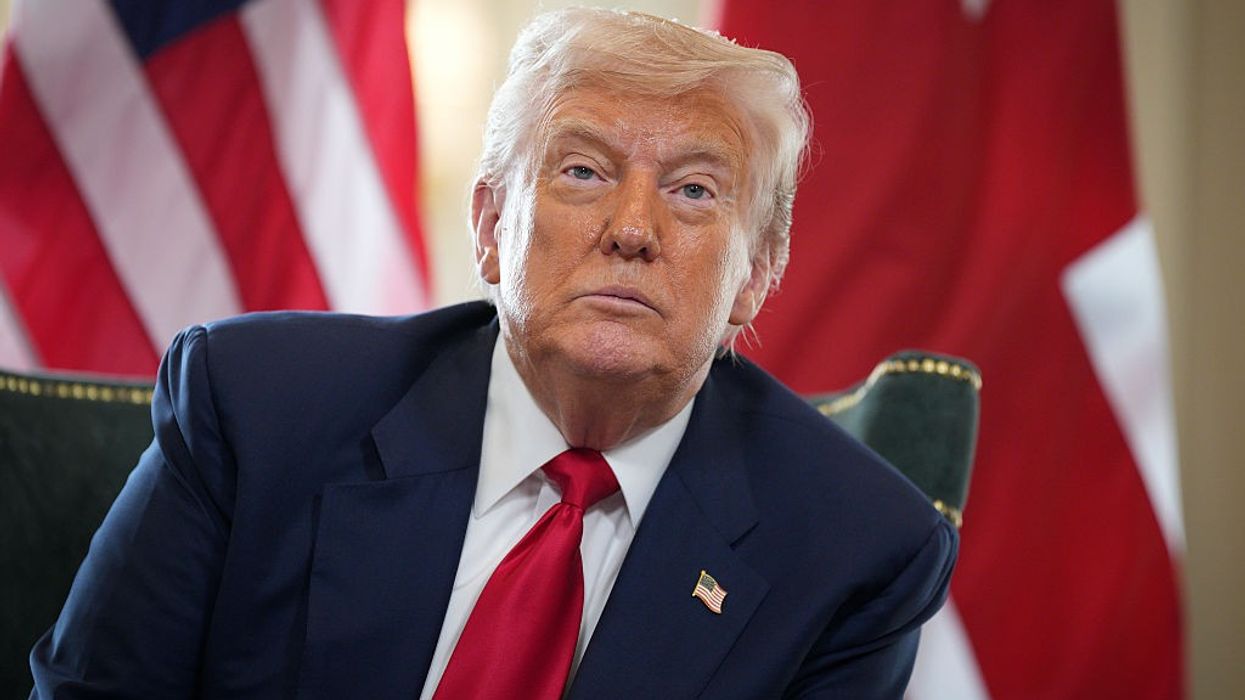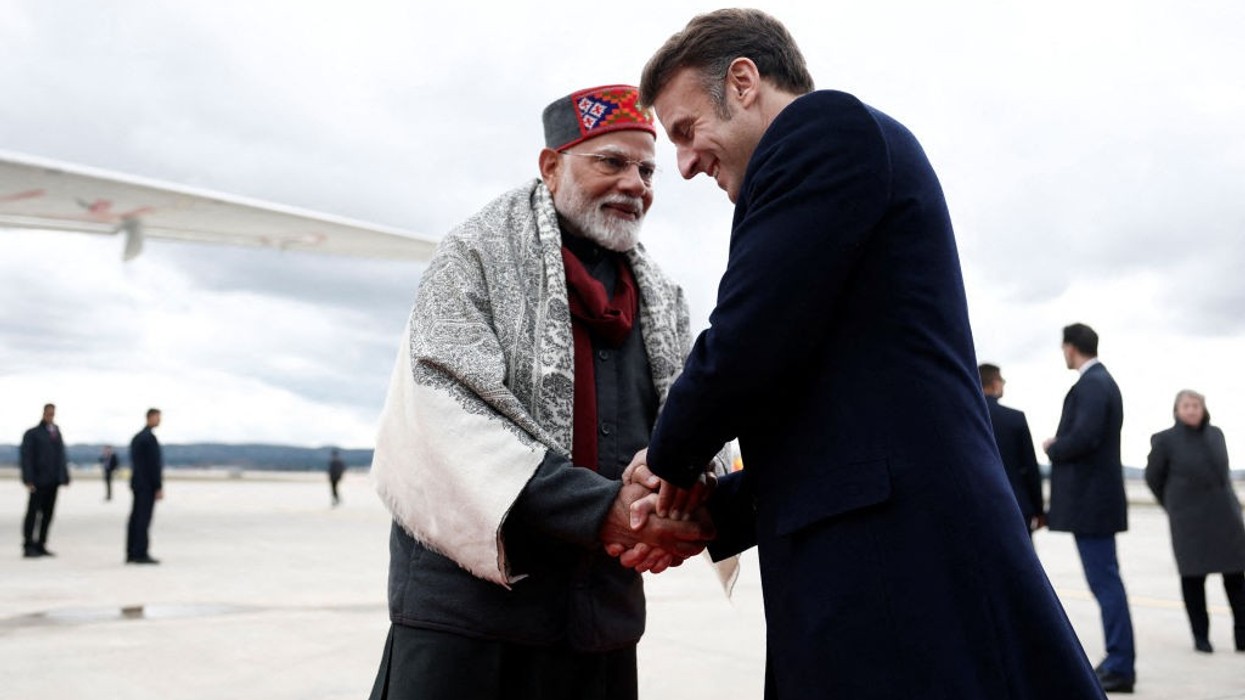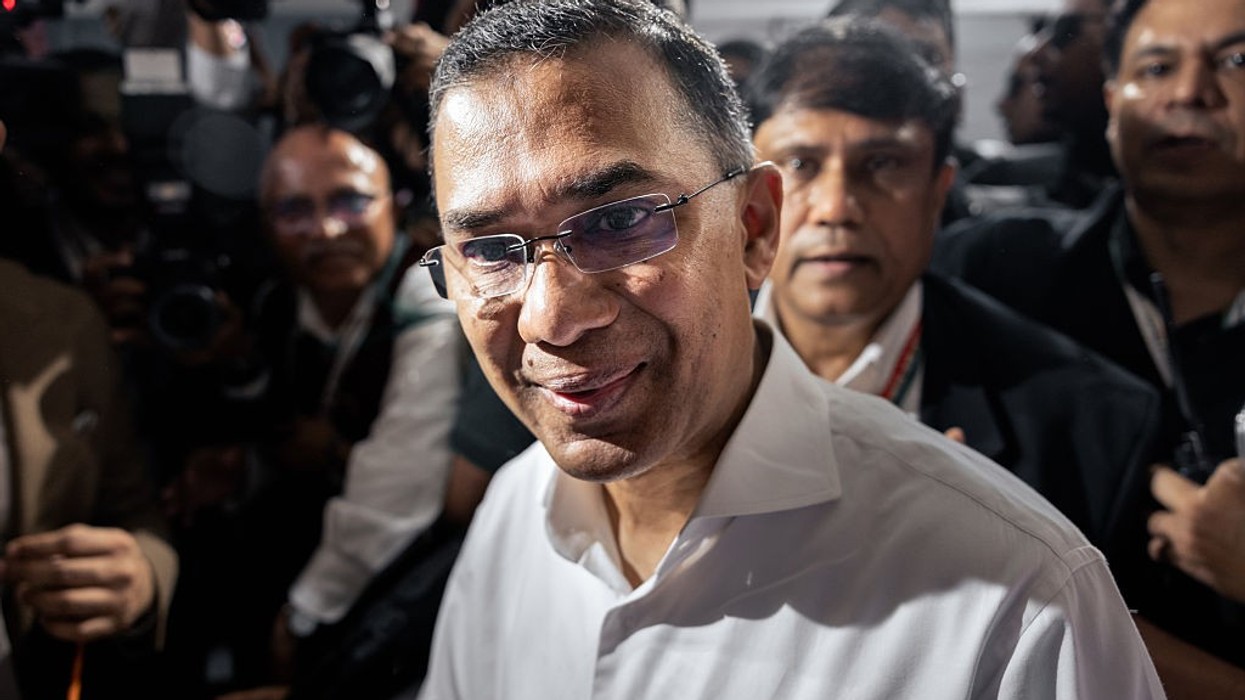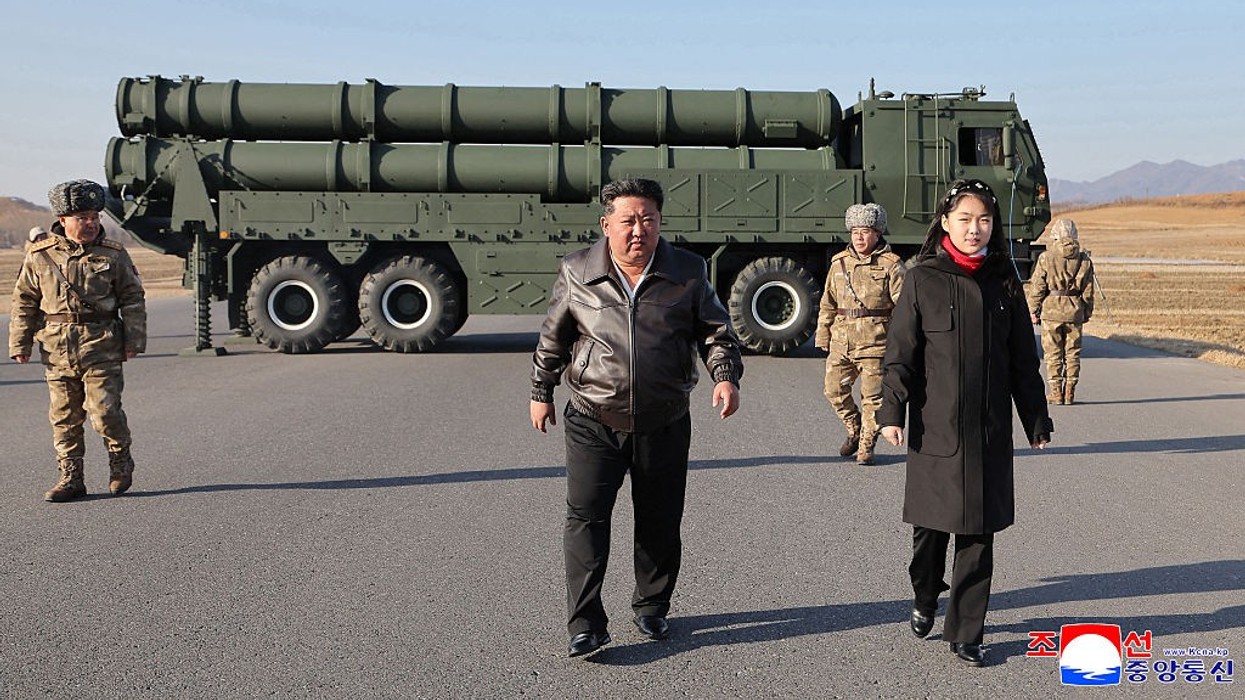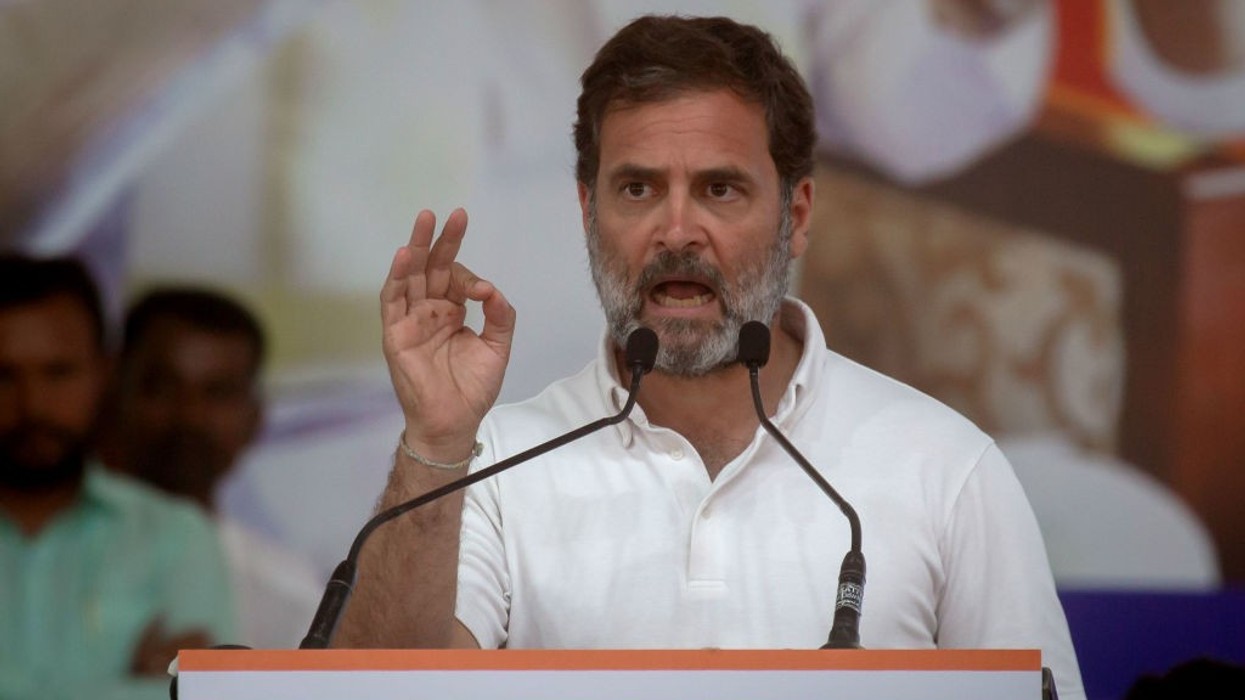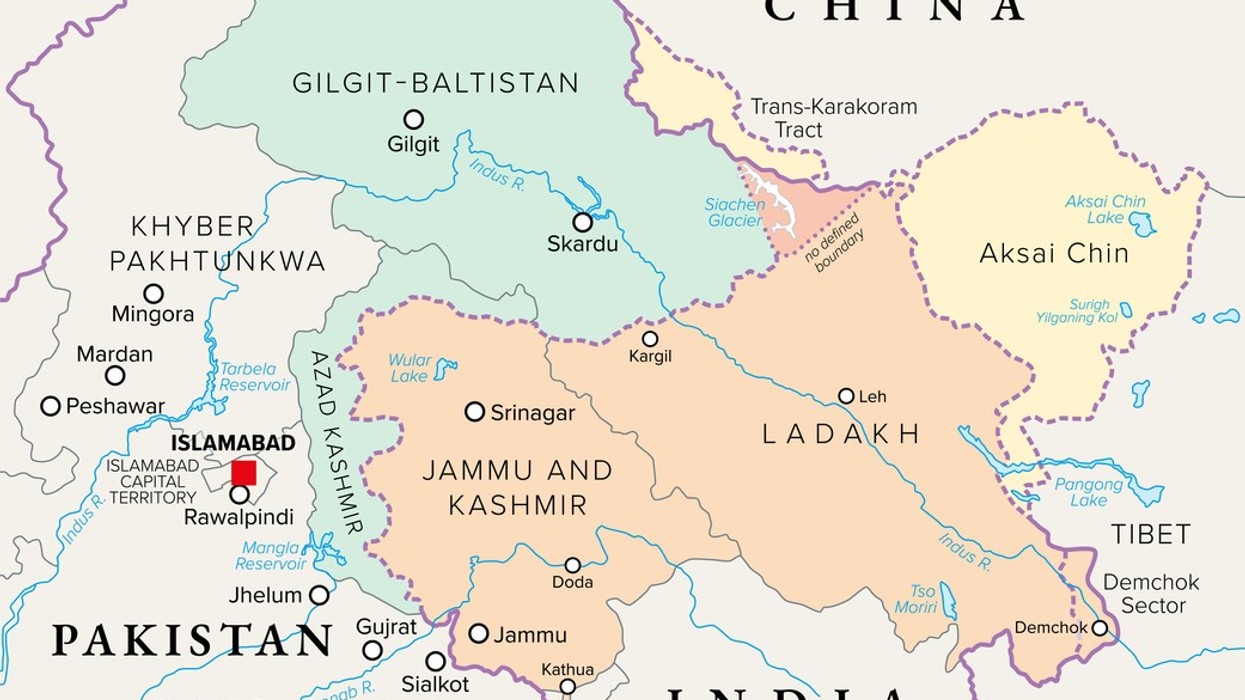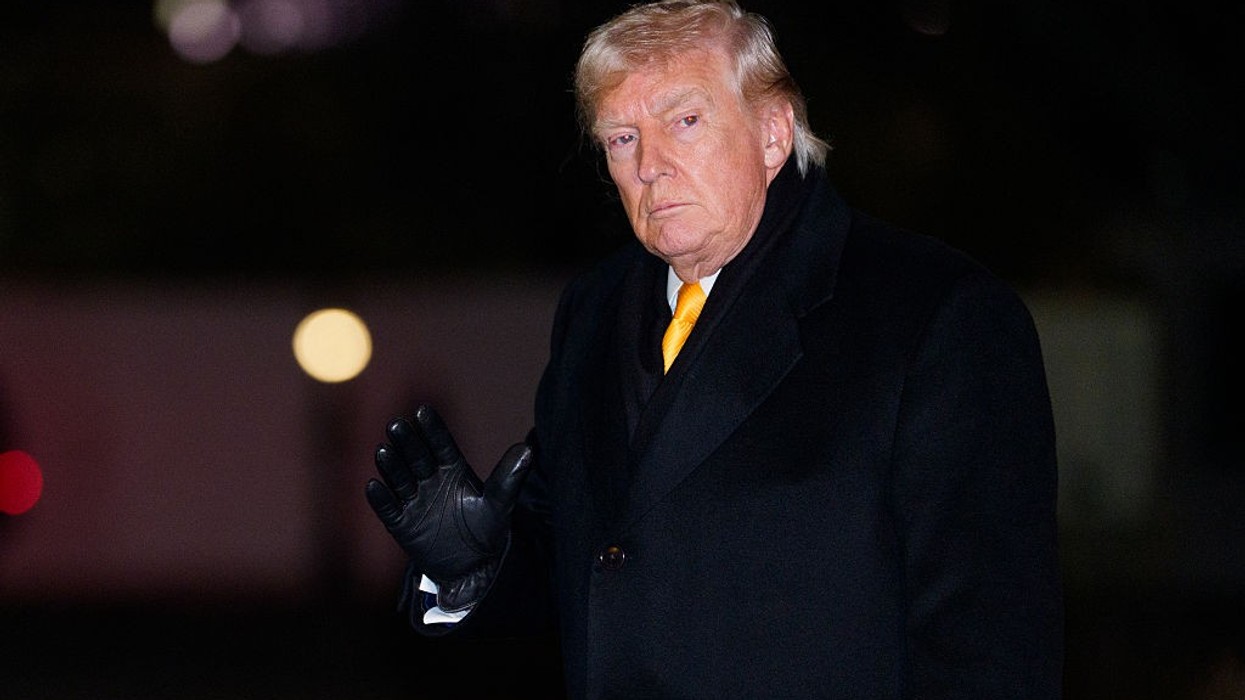The US has implemented a new wave of tariffs under President Donald Trump, impacting dozens of countries starting early Thursday morning, Thursday (7). These levies, announced by the White House a week ago, are set to impose additional taxes on exports to the US, with percentages ranging from 41 per cent for Syria to 10 per cent for the UK. The move is expected to bring billions to US government coffers, according to Trump, but has left partner nations scrambling to negotiate exemptions and protect their economies.
Countries react as tariffs take effect
Since last week's announcement, governments worldwide have rushed to reach agreements with Washington in hopes of averting the tariffs, fearing job losses and diminished investment. The automotive giant Toyota, for instance, projected a 16 per cent drop in operating profits for the financial year ending March 2026, citing the impact of these new US trade barriers.
For most trading partners, these tariffs are being added to pre-existing duties on American imports, potentially doubling costs for exporters.
Exceptions and the special status of the EU
Among those affected, the European Union stands out as the only trading partner to negotiate its baseline tariff rate—fixed at 15 per cent—to include previous tariffs. This trade deal spares the EU from the brunt of the doubled levies many other nations will face, further illustrating the rapid and uneven adjustments countries must make in response to swiftly shifting US trade policy.
Diplomatic Moves: Trump-Putin talks loom over Ukraine war
Alongside trade policy, high-stakes diplomacy appears to be in motion. President Trump may meet Russia’s Vladimir Putin imminently to discuss ending the war in Ukraine, White House officials confirmed. While aides caution that “significant impediments” remain before a ceasefire can be secured, sources told major outlets including The New York Times and CNN that a one-on-one summit could happen as early as next week. Trump is also aiming for a subsequent three-way meeting with Putin and Ukrainian President Volodymyr Zelenskyy.
The urgency follows a visit by US special envoy Steve Witkoff to Moscow this week, as the administration sets a Friday deadline for a path toward peace. The last official US-Russia presidential meeting occurred in June 2021, when President Joe Biden met Putin in Geneva, highlighting the significance of potential new talks amid the ongoing Ukraine conflict.
Catastrophe in Sudan’s Zamzam refugee camp
Meanwhile, tragedy struck Sudan’s largest refugee camp, Zamzam, in April, with a suspected massacre potentially claiming more than 1,500 civilian lives. The Guardian’s investigation uncovered testimonies of mass executions and abductions over a brutal 72-hour period perpetrated by the Rapid Support Forces (RSF) militia. The region saw hundreds of thousands flee, and hundreds remain missing.
A local committee, charged with documenting the attacks, has so far counted over 1,500 killed—a figure sharply higher than initial reports of 400 non-Arab civilians. This incident marks one of the worst war crimes since Sudan’s civil war erupted in April 2023, joining a long list of atrocities committed during the ongoing power struggle between the RSF and Sudanese military authorities.
As the world grapples with new tariffs, delicate diplomacy, and humanitarian crises, governments and organizations are under growing pressure to negotiate, adapt, and respond to rapidly evolving global challenges.
